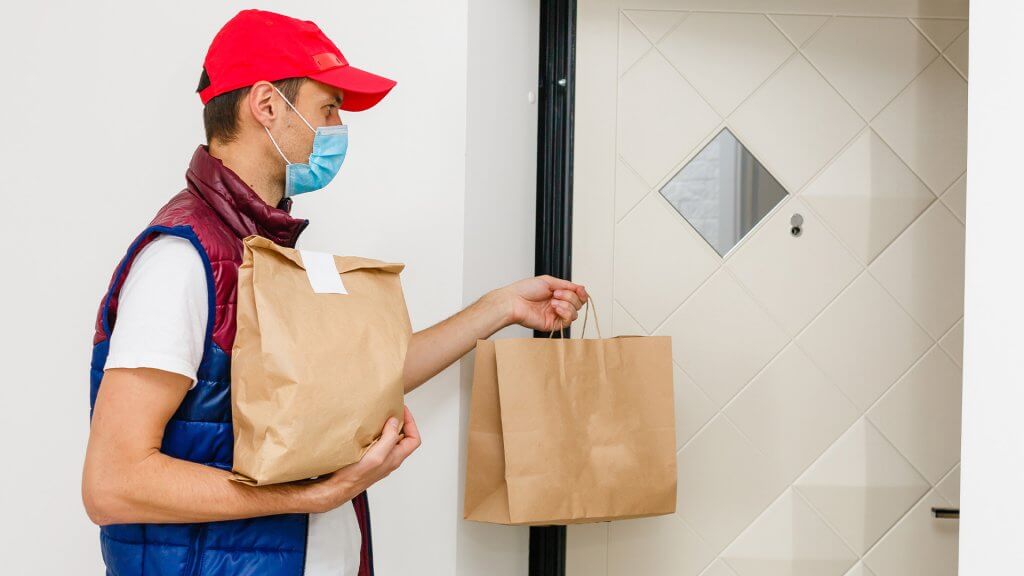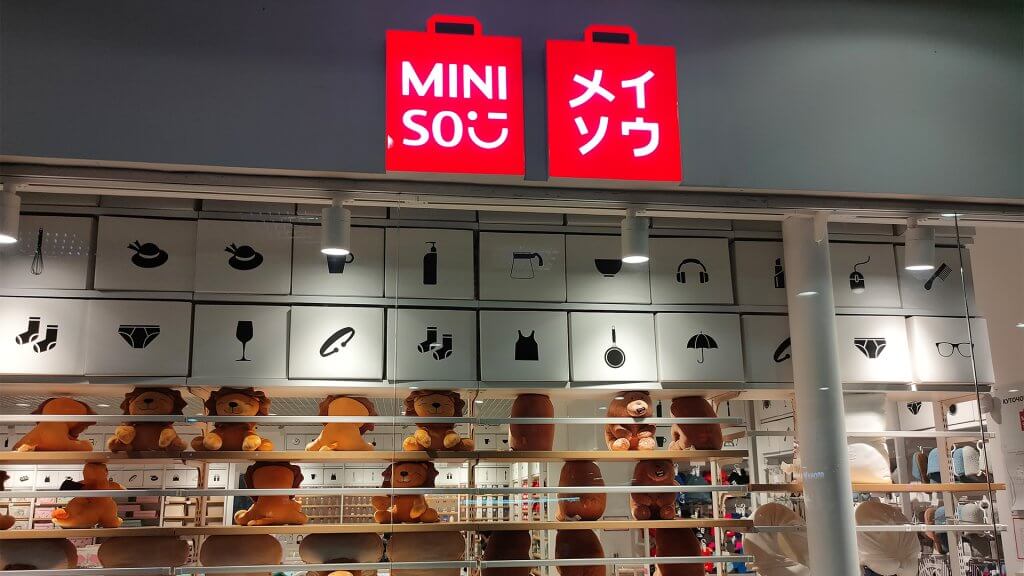
Mendix, a Siemens business and global leader in low-code application development for the enterprise, today announced the results of a new survey that shows British businesses are set to accelerate their software development at a pace faster than their European rivals.

IPOSUP mobile payments service launches automation of tips direct to hospitality staff bank accounts ahead of the UK Government plans to make it illegal for hospitality firms to withhold tips from workers, who rely on them to top up their income.

The French food delivery market is hugely lucrative, worth €180 billion and growing. Food makes up 20% of our manufacturing output, highlighting its economic importance.

The Uk petrol and diesel ban could help cut car emissions to 46m tonnes of carbon dioxide by 2030, down from an equivalent of 68 MtCO2e emitted today.

It has been well established that a diverse workforce helps contribute to a business’ success – so why are there so many UK businesses far from achieving gender diversity?

There’s no doubt that the past 18 months have been challenging for all retailers and continue to be. Many well-established retailers have unfortunately gone out of business and our high streets are recovering very slowly.

The number of Britons officially registered as living in Portugal shot up by more than 30% between 2019 and 2020, well beyond anything that has been seen in recent years. The 34.6% increase was revealed by the latest Immigration, Borders and Asylum Report for 2020 from Portugal’s borders and immigration service, SEF.

Lifestyle product retailer MINISO is further strengthening its business foothold in Europe as it has announced the opening of a new store in Seville, the capital city of Andalucía in southern Spain on August 26. The opening of the new location in Spain, the 36th in the country, is followed by the unveiling of the Oxford flagship store in the UK on August 27, then the franchise store opening in Sardinia on August 28, which is the brand's fifth store in Italy within just four months.

In addition to filling this critical driver shortage, transport and haulage providers must do better in terms of gender equality. Here, we discuss how you can encourage more women into the sector.

Skills and labour shortages across the UK’s trade and logistics sectors have been hitting the headlines, most obviously for goods vehicle drivers. Less newsworthy, but equally threatening, is the shortfall in staff with knowledge and experience in Customs procedures; a situation that is beginning to pose an existential threat to many small, and not so small, companies that rely on international trade.

The World Economic Forum has published a new study on how artificial intelligence (AI) can be used to accelerate a more equitable energy transition and build trust for the technology throughout the industry.

An emerging British start-up, iov42, has been chosen over corporate giants to leverage blockchain technology to improve standards of cross-border services for public administrations across the EU.














